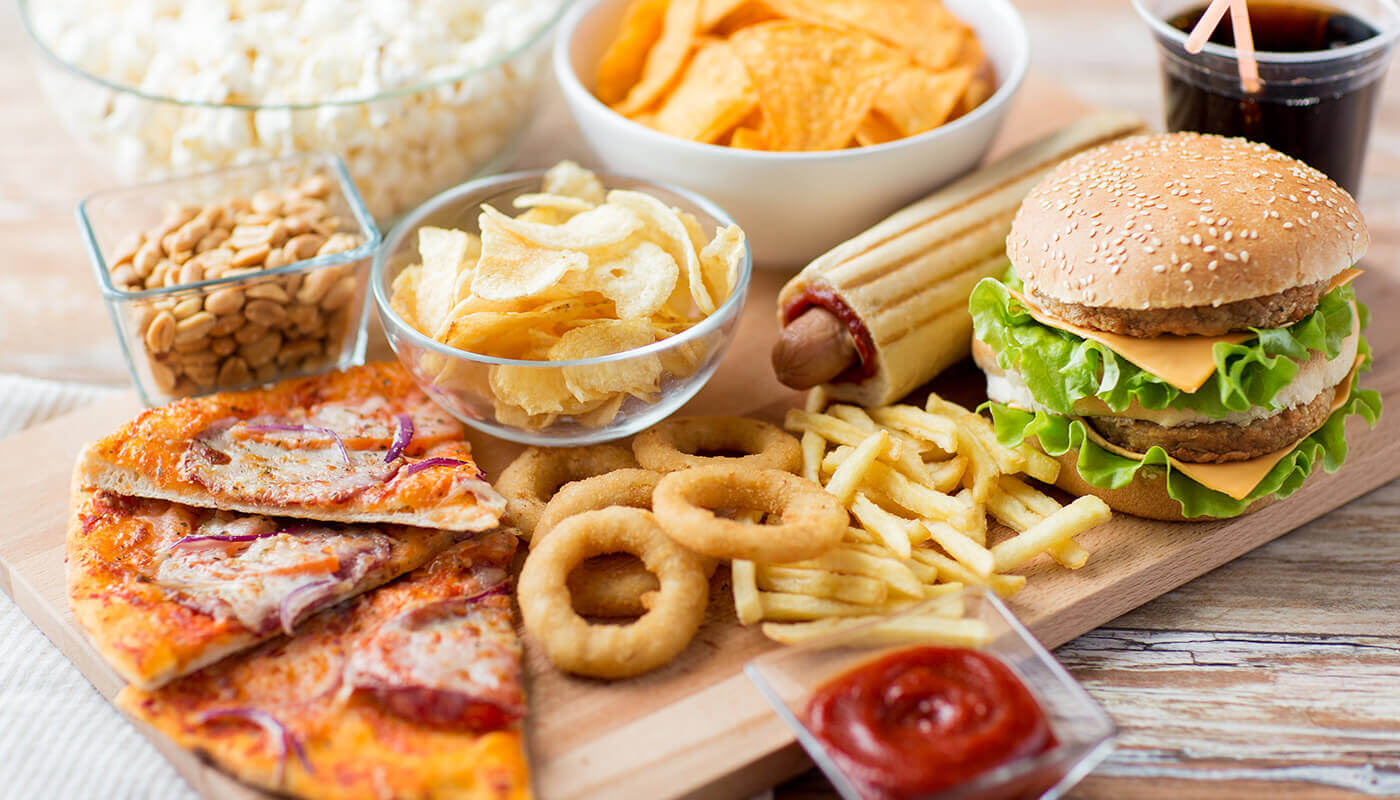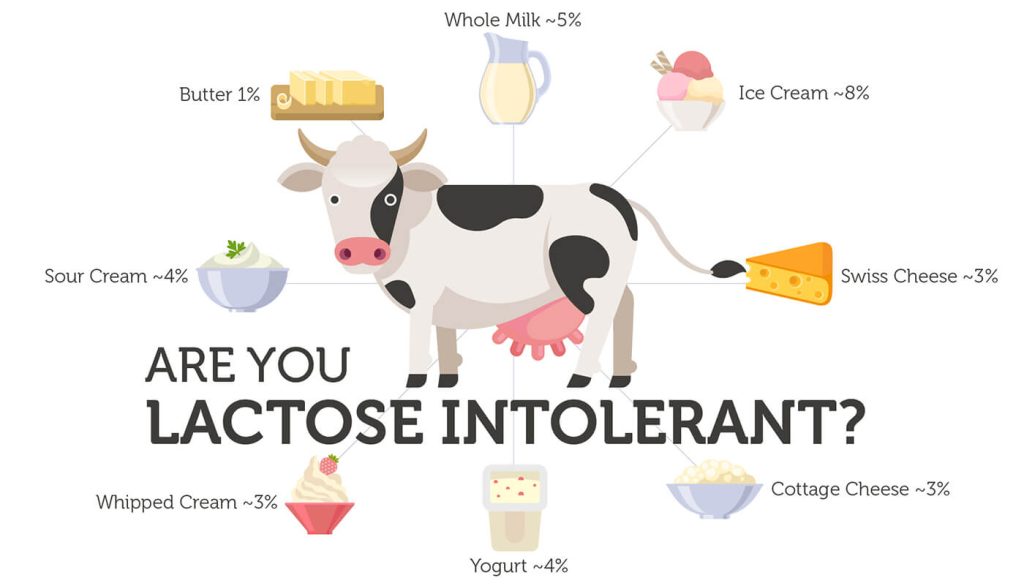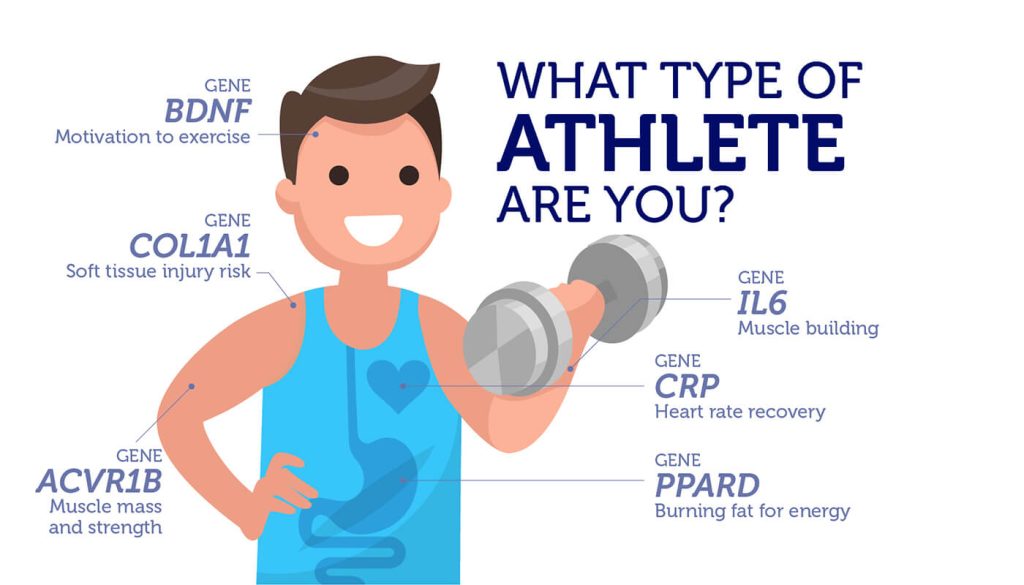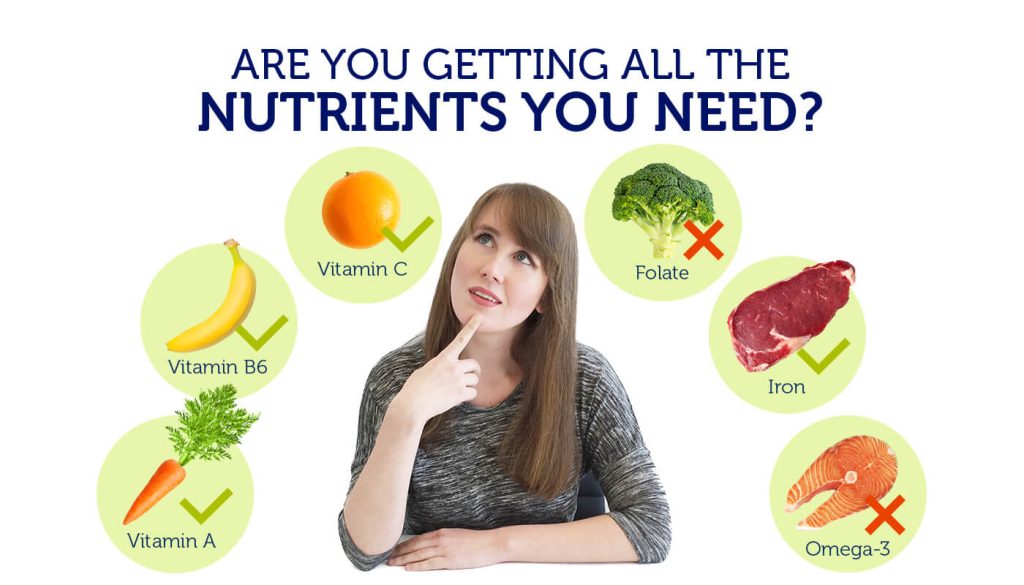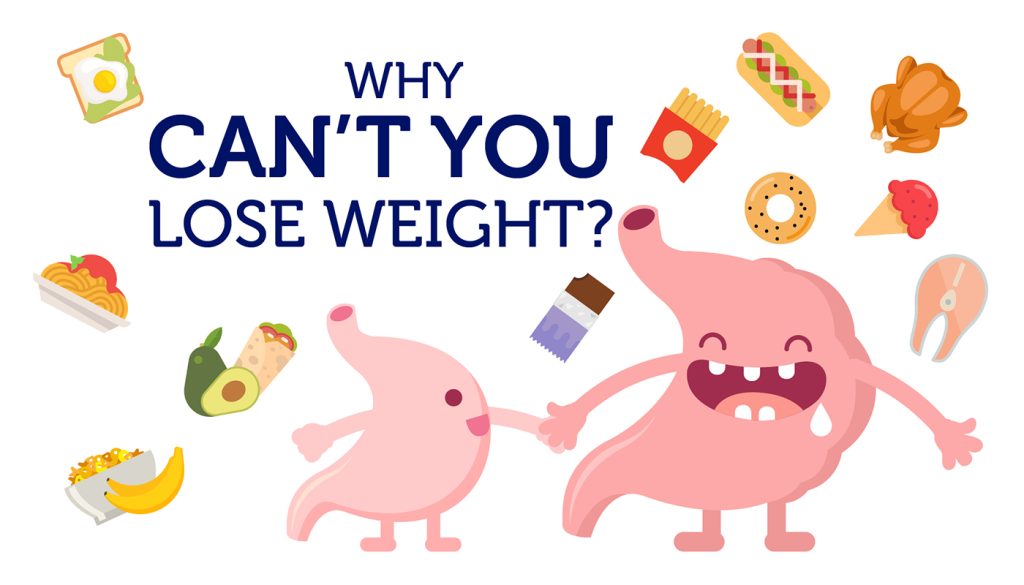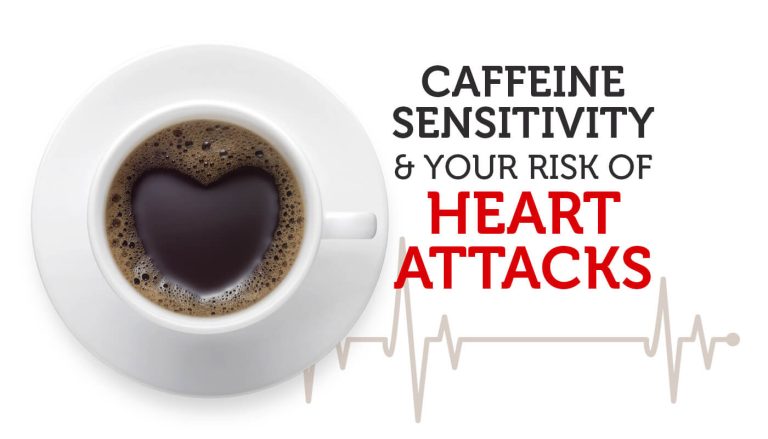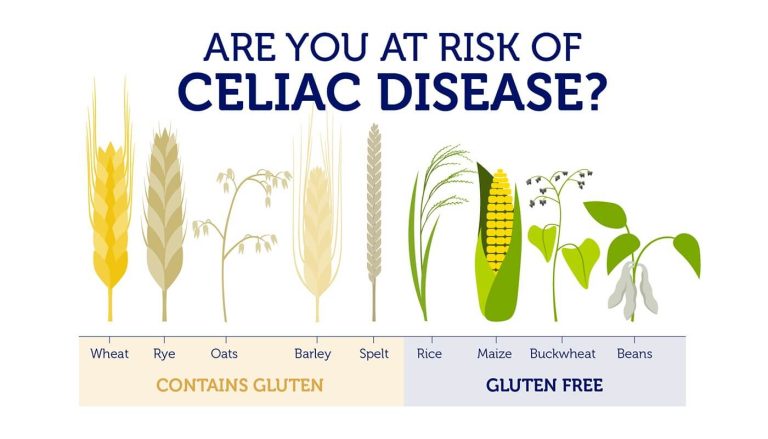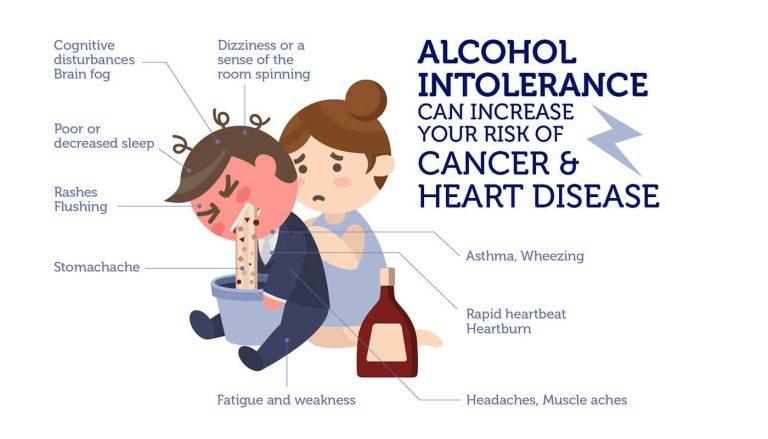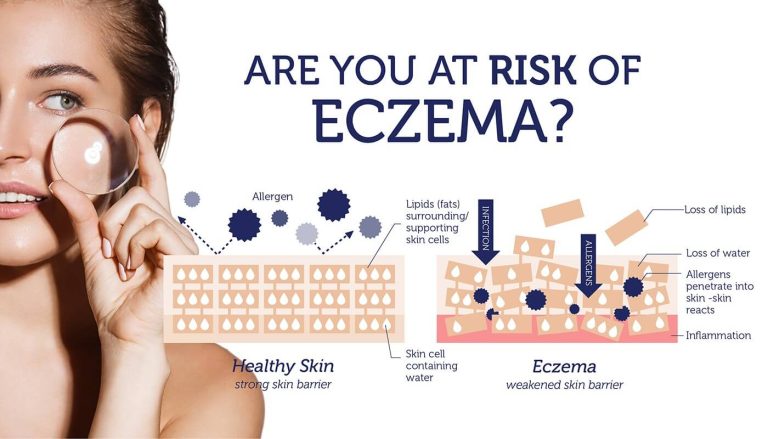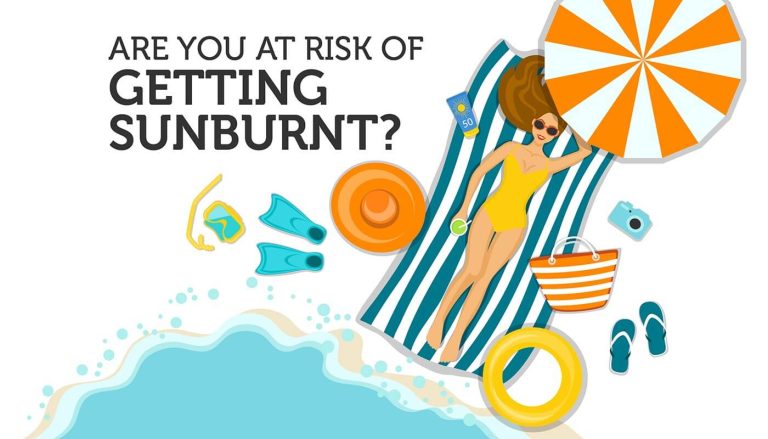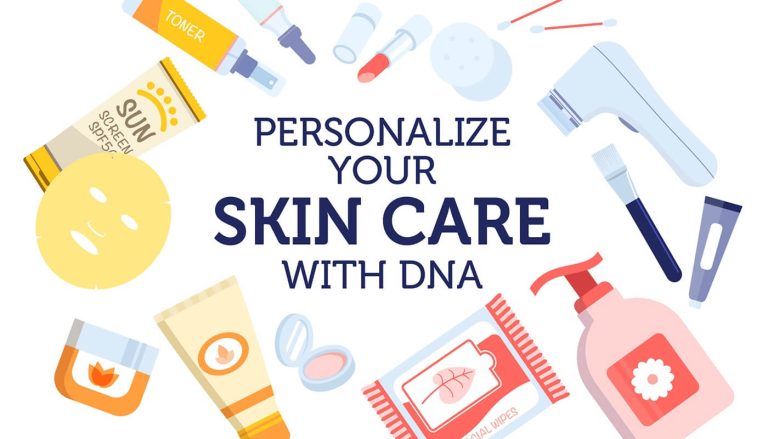Nature versus nurture, it’s an age-old debate. While it’s fairly easy to examine human nature these days with DNA sequencing, there is a growing appreciation for the fact that we are more than just the sum of our genes.
On the other hand, if we consider something as simple as the way we behave towards food, it’s also clear that genes still play a critical role in our behavior and the risk for disease.
“Obesity risk” genes
Would obesity be one of the biggest problems of the 21st century if all we had to do was control what constitutes to be nurture, like the availability of food or our societal expectations? Most likely not, because genes can hinder us from maintaining our optimal weight.
These “obesity risk” genes can affect anything from the way we eat, to whether our bodies will respond to dieting and physical activity. So, if you have yet to find a diet that works for you, perhaps it’s time to stop looking. You may have inherited a defective version of a gene called NMB, which makes restraining yourself from overindulging next to impossible.
Neuromedin and our appetite
The act of eating means very different things to different people. Some of us see it merely as sustenance, while others eagerly await their next meal. Be that may, feelings of hunger and satiety are controlled virtually the same way in all of us. They involve an intricate interplay of events mediated by proteins that bridge our brains to our guts, like the neuromedin b protein made by the NMB gene.
Neuromedin is one of the most powerful appetite-reducing agents to act on our brains. In response to food, neuromedin is released by the cells of the gut and fat cells.
Neuromedin can simultaneously “turn off” hormones that make us hungry, and “turn on” hormones that make us feel full. So it shouldn’t come as a surprise that affecting the function of neuromedin can influence our susceptibility to obesity.
Genetic variation is why we carry different versions of NMB. The rs1051168 variant of the NMB gene increases the risk of obesity by challenging the will to restrict food intake.
People with the rs1051168 variant are more likely to overeat when food is presented. And, as a consequence they tend to gain significantly more body fat. This variant reduces the levels of neuromedin. So, “eating” cues stay turned on, and at the same time we don’t feel quite as satisfied.
Expecting someone whose brain tells them they are still hungry to control their food intake can only be described as futile, impractical, and even cruel.
Are you likely to overeat?
One easy way to overcome this impediment would be to artificially increase neuromedin levels. Indeed, studies show that giving extra neuromedin to people can reduce their food intake and lengthen the time between meals.
But, since neuromedin is also involved in regulating several other aspects of our biology, (e.g. body heat, body clocks and the anxiety/fear response), long-term infusion of neuromedin is definitely not a practical solution.
Instead, choosing to be informed of your shortfall could be just the thing you need to stop yourself from gorging down everything that is placed in front of you. Find out if you have the NMB “overeating” variant with the DNA Weight Loss Test.


